LAST DAY! ⏳ Secure top scores and your uni dream. 💡Only Rp 90,000 for 40 minutes. Offer ends MIDNIGHT!
LAST DAY! ⏳ Secure top scores and your uni dream.
💡Only Rp 90,000/hour TODAY. Offer ends MIDNIGHT!
LAST DAY! ⏳ Secure top scores and your uni dream. 💡Only Rp 90,000 for 40 minutes. Offer ends MIDNIGHT!
LAST DAY! ⏳ Secure top scores and your uni dream.
💡Only Rp 90,000/hour TODAY. Offer ends MIDNIGHT!

High-Quality Education

Affordability

Career Opportunities

Beautiful City and Nature

Diverse Cultural Experience

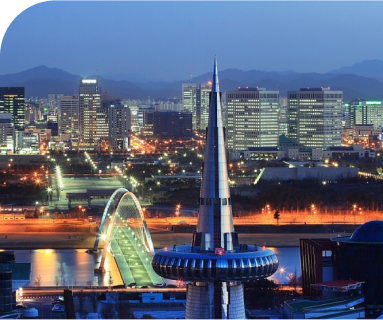
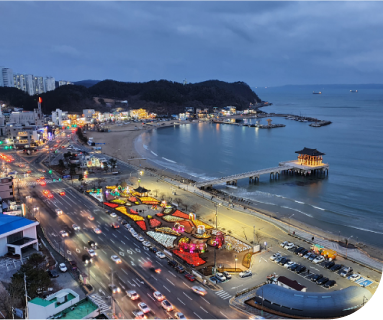
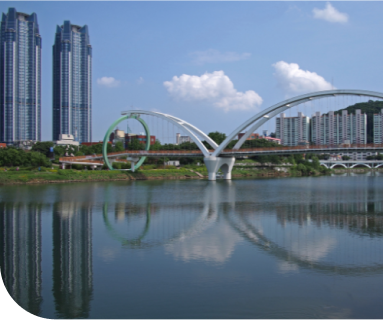
Here are some of the reasons why studying in Korea is a good idea:
South Korea is an appealing choice for students looking for a top-notch education in an innovative, diverse, and secure environment.
When it comes to the cost of living in South Korea, it can vary depending on the city and lifestyle. However, overall, it is considered to be moderate in comparison to other developed countries. Seoul, being the capital city, is generally more expensive compared to smaller cities and rural areas in terms of cost. Typically, international students can anticipate monthly expenses ranging from 800,000 KRW to 1,200,000 KRW (around 700 USD to 1,000 USD). This budget should cover various aspects such as accommodation, food, transportation, and personal expenses.
Cost Estimation Studying in South Korea:
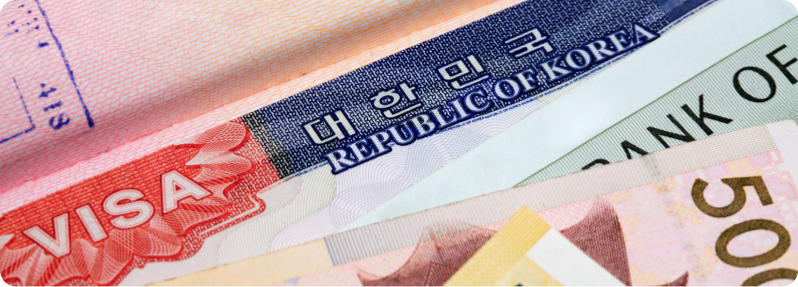
Before the start of the semester in Korea, it is necessary for all degree-seeking international students to acquire a student visa (D-2). Various types of visas, such as F-type, E-type, A-type, and more, are also acceptable for international students who wish to enroll in a degree-seeking program at a university in Korea. Unfortunately, short-term visas like B-type or C-type visas are not suitable for foreigners who wish to pursue academic programs at a university in Korea. The student visa (D-2) can be obtained at a Korean embassy or consulate in the applicant’s home country.
When applying for a student visa (D-2), you’ll need to gather several important documents. One of these is the Certificate of Admission (CoA), which will be provided by the International Education Team at Korea University. Additionally, it is necessary to provide proof of final academic credentials and a financial statement, such as a bank account or scholarship, to demonstrate the student’s budget for expenses during their stay in Korea. It’s important to note that the issuance of these documents can be a lengthy process, and you may be required to fulfill additional requirements along the way. Therefore, it is advisable for students to proactively reach out to the Korean embassy or consulate in their current country of residence in order to inquire about the necessary documents for their student visa (D-2) application. By preparing these documents ahead of time, students can ensure a timely visa approval.
Student visa Korea requirements
Note: If you want to ensure a smooth process for certain nationalities or longer courses of study, it may be necessary to provide extra documentation, such as a criminal background check, or even attend an interview at the Korean embassy. It is recommended to start the visa application process well in advance of your intended travel date. This ensures enough considerations and the opportunity to gather any necessary additional documents.
To apply for a student visa to study in Korea, you’ll need the following:
South Korea’s health security system consists of two essential components: mandatory social health insurance and medical aid. The National Health Insurance (NHI) system ensures that every citizen has access to comprehensive healthcare coverage. The primary sources of NHI funding consist of contributions from insured individuals and government subsidies. The medical aid programme is a valuable form of public assistance that utilises government subsidies to ensure that healthcare services are accessible to low-income groups.
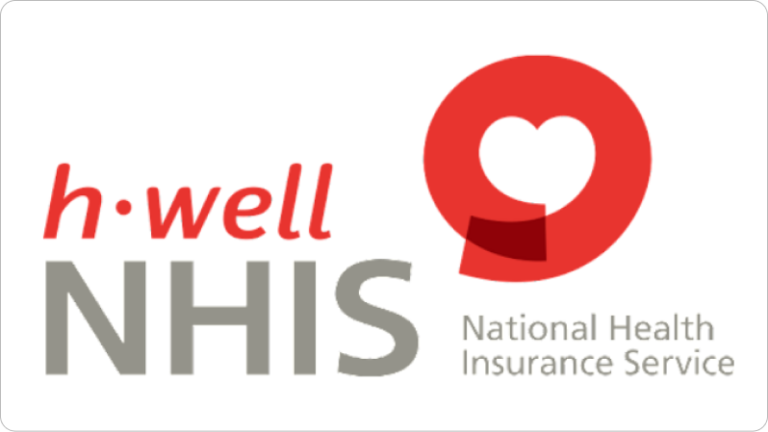
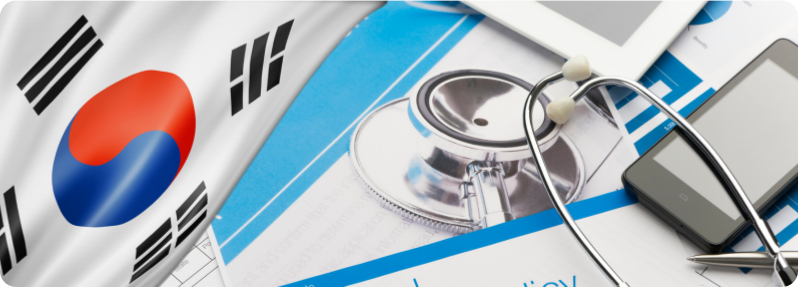



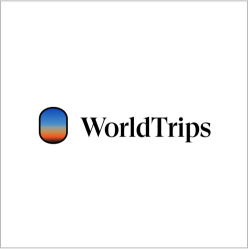
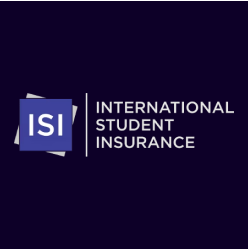

• Sejong University
• Woosong University / Soldbridge
• Cheju Halla University

• Le Cordon Bleu - Seoul
• Sejong University
• Cheju Halla University

• Sejong University
• Cheju Halla University
• Woosong University / Soldbridge

• Le Cordon Bleu - Seoul
• Sejong University
• Cheju Halla University

• Sejong University
• Cheju Halla University
• Woosong University / Soldbridge
| Accommodation expenses in Korea for international students | Expenses (approx) |
|---|---|
| University Dormitories | 300,000 to 800,000 KRW per month |
| Off-Campus Apartments | 400,000 KRW per month |
| Goshiwon | 200,000 to 500,000 KRW per month |
| Homestay | 400,000 to 1,000,000 KRW per month |
| Guesthouses | 300,000 to 600,000 KRW per month |

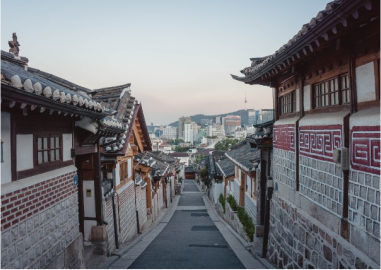

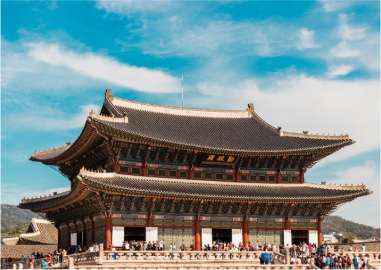
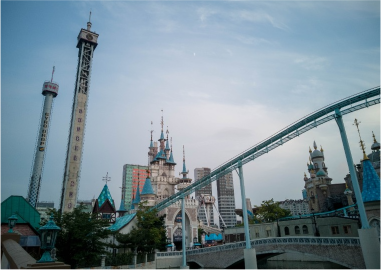
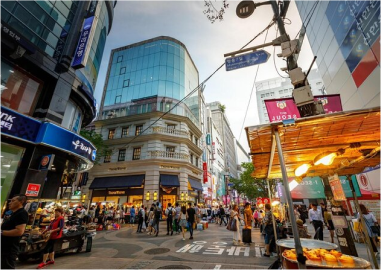

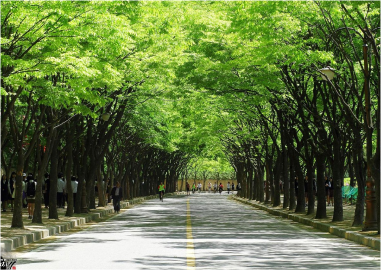
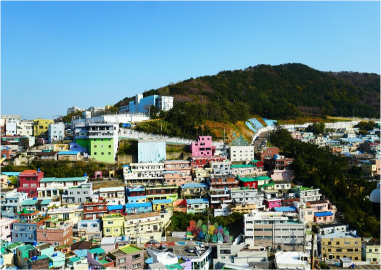
If you’re interested in working part-time while studying in Korea, I have some good news for you – it’s definitely possible! As an international student on a relevant study visa, you have the opportunity to work up to 20 hours a week during your course and enjoy unlimited working hours during your holiday time.
If you want to work full-time in South Korea after graduating, there are certain requirements you need to meet. These include obtaining a visa for professors, having a bachelor’s degree in natural sciences and engineering, or a master’s degree in a humanities subject from a Korean university.
If you don’t have any of the mentioned experiences, it may be challenging for you to find a work placement. We suggest reaching out to the international office at your university for further guidance. Additionally, having knowledge of the Korean language can greatly enhance your interactions with colleagues, although it may not always be necessary.
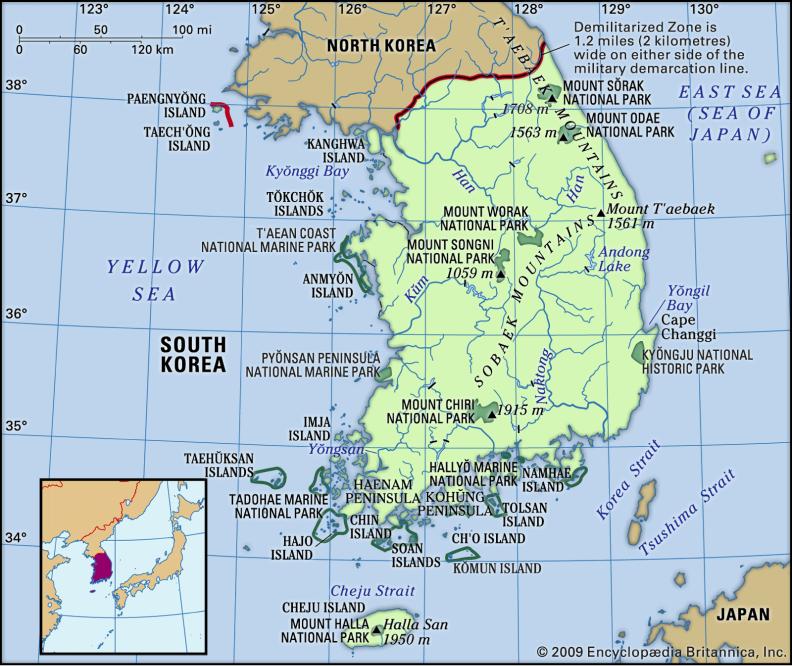
South Korea has a variety of mountains, although they may not reach the same towering heights as the rest of the world. Throughout countless years, the majestic peaks have been shaped by the forces of nature. The majority of summits are situated at elevations below 3,300 feet (1,000 metres). South Korea’s Jeju Island and the southern strip are home to lush tropical evergreen jungles, thanks to the high humidity and abundant rainfall in the region. Additionally, there are approximately 3,000 volcanic islands that encircle the peninsula.
Korea is a peninsula stretching 750 miles (1,200 kilometres) in the easternmost part of the Asian continent. Today, the country is divided into South and North Korea, yet it still holds a sense of unity in the hearts of its citizens, who believe in the indivisibility of their nation.
Do’s
Don’ts

High-Quality Education

Affordability

Career Opportunities

Beautiful City and Nature

Diverse Cultural Experience




Here are some of the reasons why studying in Korea is a good idea:
South Korea is an appealing choice for students looking for a top-notch education in an innovative, diverse, and secure environment.
When it comes to the cost of living in South Korea, it can vary depending on the city and lifestyle. However, overall, it is considered to be moderate in comparison to other developed countries. Seoul, being the capital city, is generally more expensive compared to smaller cities and rural areas in terms of cost. Typically, international students can anticipate monthly expenses ranging from 800,000 KRW to 1,200,000 KRW (around 700 USD to 1,000 USD). This budget should cover various aspects such as accommodation, food, transportation, and personal expenses.
Cost Estimation Studying in South Korea:

Before the start of the semester in Korea, it is necessary for all degree-seeking international students to acquire a student visa (D-2). Various types of visas, such as F-type, E-type, A-type, and more, are also acceptable for international students who wish to enroll in a degree-seeking program at a university in Korea. Unfortunately, short-term visas like B-type or C-type visas are not suitable for foreigners who wish to pursue academic programs at a university in Korea. The student visa (D-2) can be obtained at a Korean embassy or consulate in the applicant’s home country.
When applying for a student visa (D-2), you’ll need to gather several important documents. One of these is the Certificate of Admission (CoA), which will be provided by the International Education Team at Korea University. Additionally, it is necessary to provide proof of final academic credentials and a financial statement, such as a bank account or scholarship, to demonstrate the student’s budget for expenses during their stay in Korea. It’s important to note that the issuance of these documents can be a lengthy process, and you may be required to fulfill additional requirements along the way. Therefore, it is advisable for students to proactively reach out to the Korean embassy or consulate in their current country of residence in order to inquire about the necessary documents for their student visa (D-2) application. By preparing these documents ahead of time, students can ensure a timely visa approval.
Student visa Korea requirements
Note: If you want to ensure a smooth process for certain nationalities or longer courses of study, it may be necessary to provide extra documentation, such as a criminal background check, or even attend an interview at the Korean embassy. It is recommended to start the visa application process well in advance of your intended travel date. This ensures enough considerations and the opportunity to gather any necessary additional documents.
To apply for a student visa to study in Korea, you’ll need the following:

• Sejong University
• Woosong University / Soldbridge
• Cheju Halla University

• Le Cordon Bleu – Seoul
• Sejong University
• Cheju Halla University

• Sejong University
• Cheju Halla University
• Woosong University / Soldbridge

• Le Cordon Bleu – Seoul
• Sejong University
• Cheju Halla University

• Sejong University
• Cheju Halla University
• Woosong University / Soldbridge
| Accommodation expenses in Korea for international students | Expenses (approx) |
|---|---|
| University Dormitories | 300,000 to 800,000 KRW per month |
| Off-Campus Apartments | 400,000 KRW per month |
| Goshiwon | 200,000 to 500,000 KRW per month |
| Homestay | 400,000 to 1,000,000 KRW per month |
| Guesthouses | 300,000 to 600,000 KRW per month |

Register With Gold Star Education And Talk With Our Expert Counsellor








If you’re interested in working part-time while studying in Korea, I have some good news for you – it’s definitely possible! As an international student on a relevant study visa, you have the opportunity to work up to 20 hours a week during your course and enjoy unlimited working hours during your holiday time.
If you want to work full-time in South Korea after graduating, there are certain requirements you need to meet. These include obtaining a visa for professors, having a bachelor’s degree in natural sciences and engineering, or a master’s degree in a humanities subject from a Korean university.
If you don’t have any of the mentioned experiences, it may be challenging for you to find a work placement. We suggest reaching out to the international office at your university for further guidance. Additionally, having knowledge of the Korean language can greatly enhance your interactions with colleagues, although it may not always be necessary.

South Korea has a variety of mountains, although they may not reach the same towering heights as the rest of the world. Throughout countless years, the majestic peaks have been shaped by the forces of nature. The majority of summits are situated at elevations below 3,300 feet (1,000 metres). South Korea’s Jeju Island and the southern strip are home to lush tropical evergreen jungles, thanks to the high humidity and abundant rainfall in the region. Additionally, there are approximately 3,000 volcanic islands that encircle the peninsula.
Korea is a peninsula stretching 750 miles (1,200 kilometres) in the easternmost part of the Asian continent. Today, the country is divided into South and North Korea, yet it still holds a sense of unity in the hearts of its citizens, who believe in the indivisibility of their nation.
Do’s
Don’ts
Customer Service
Customer Service

Enhance your platform experience to the fullest.
Register now and unlock a world of exclusive benefits tailored just for you.